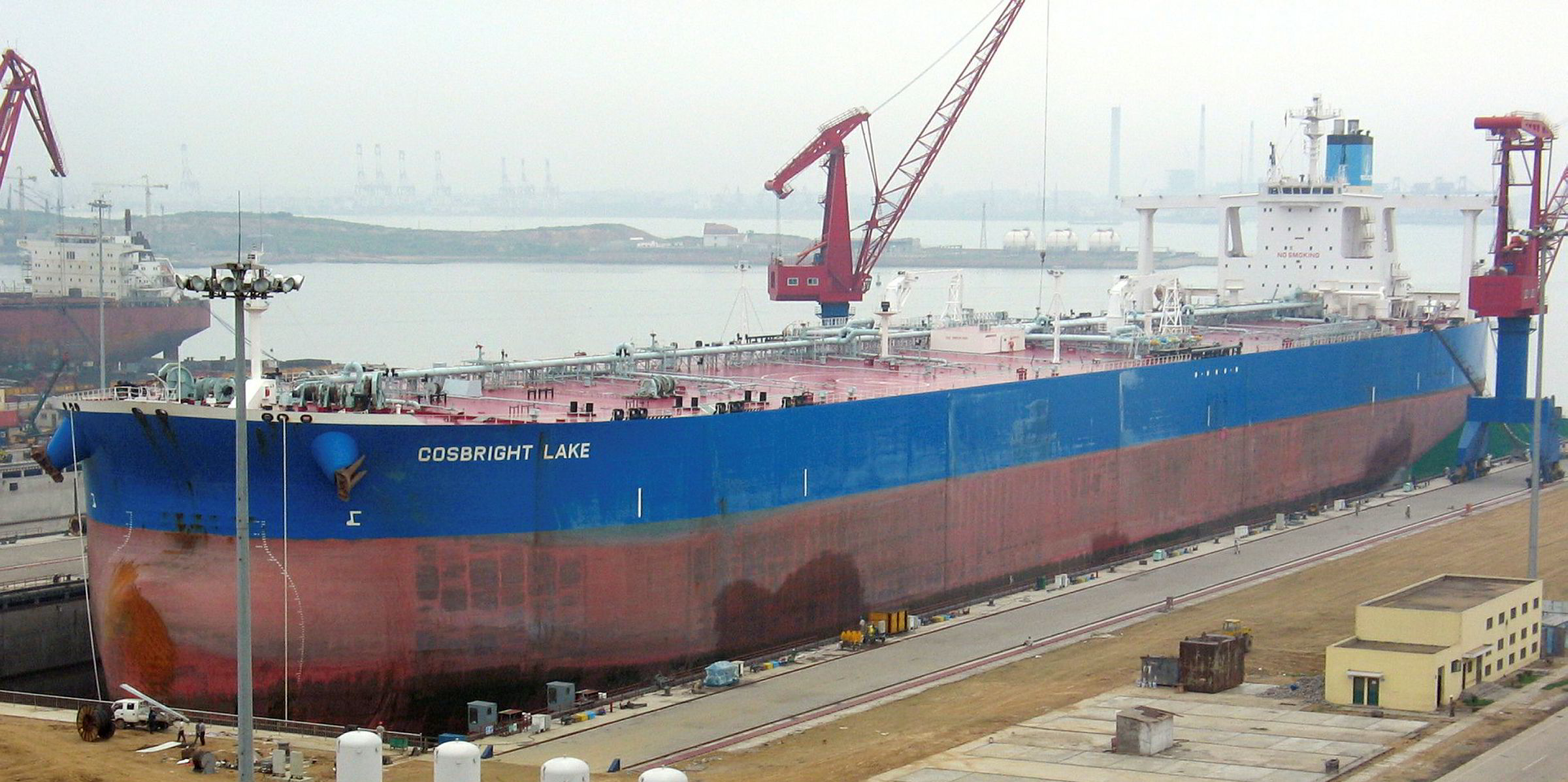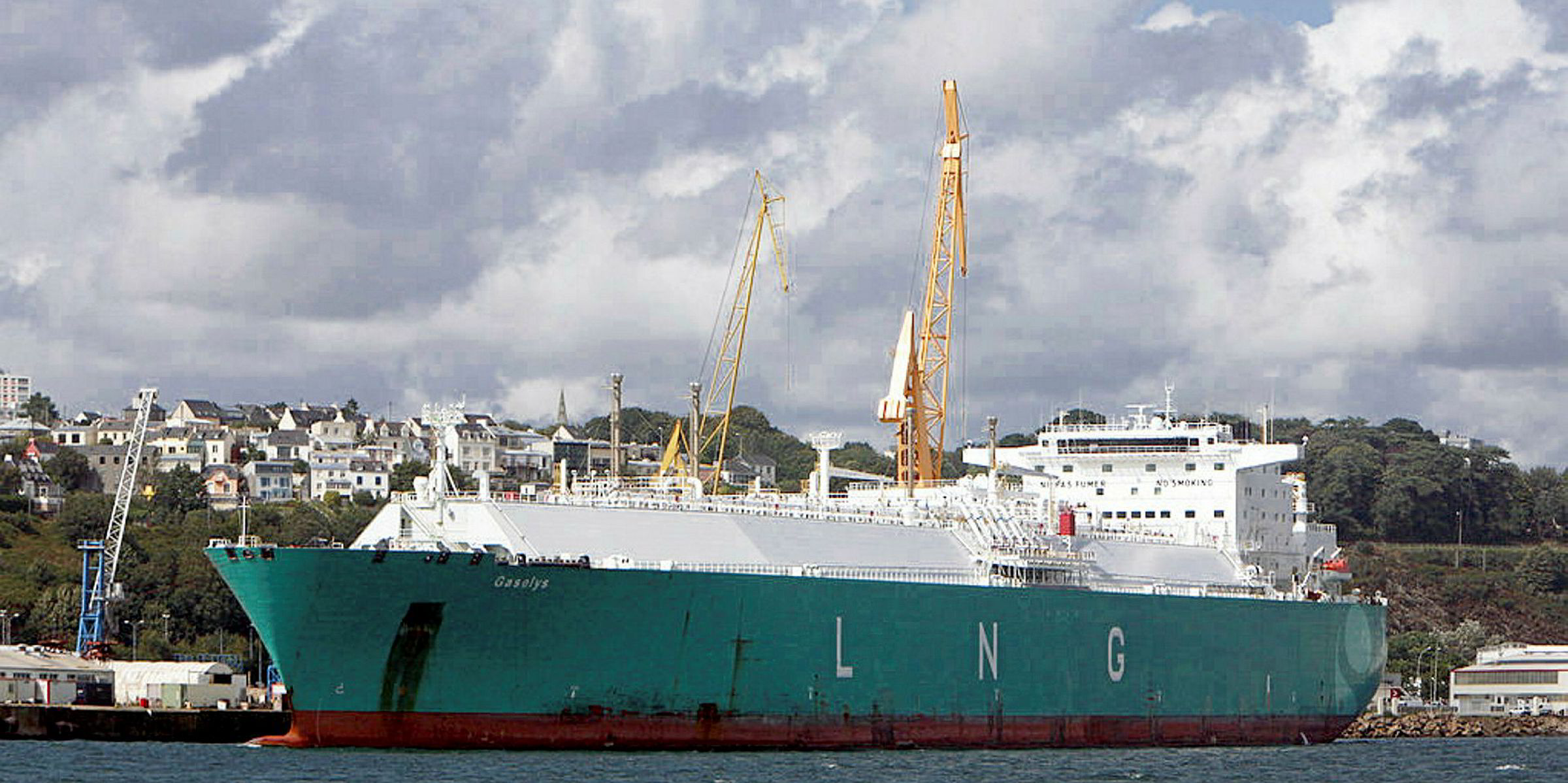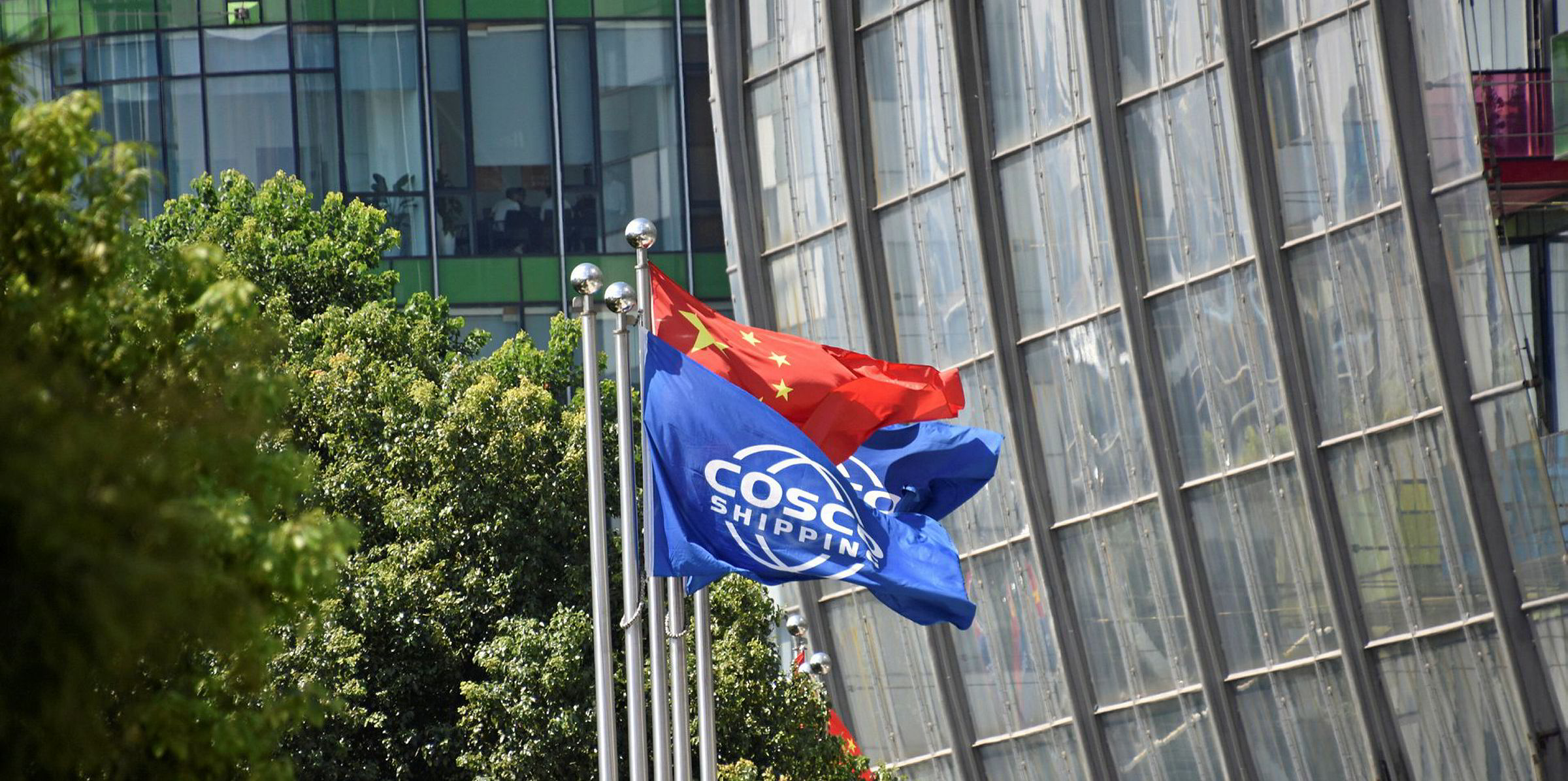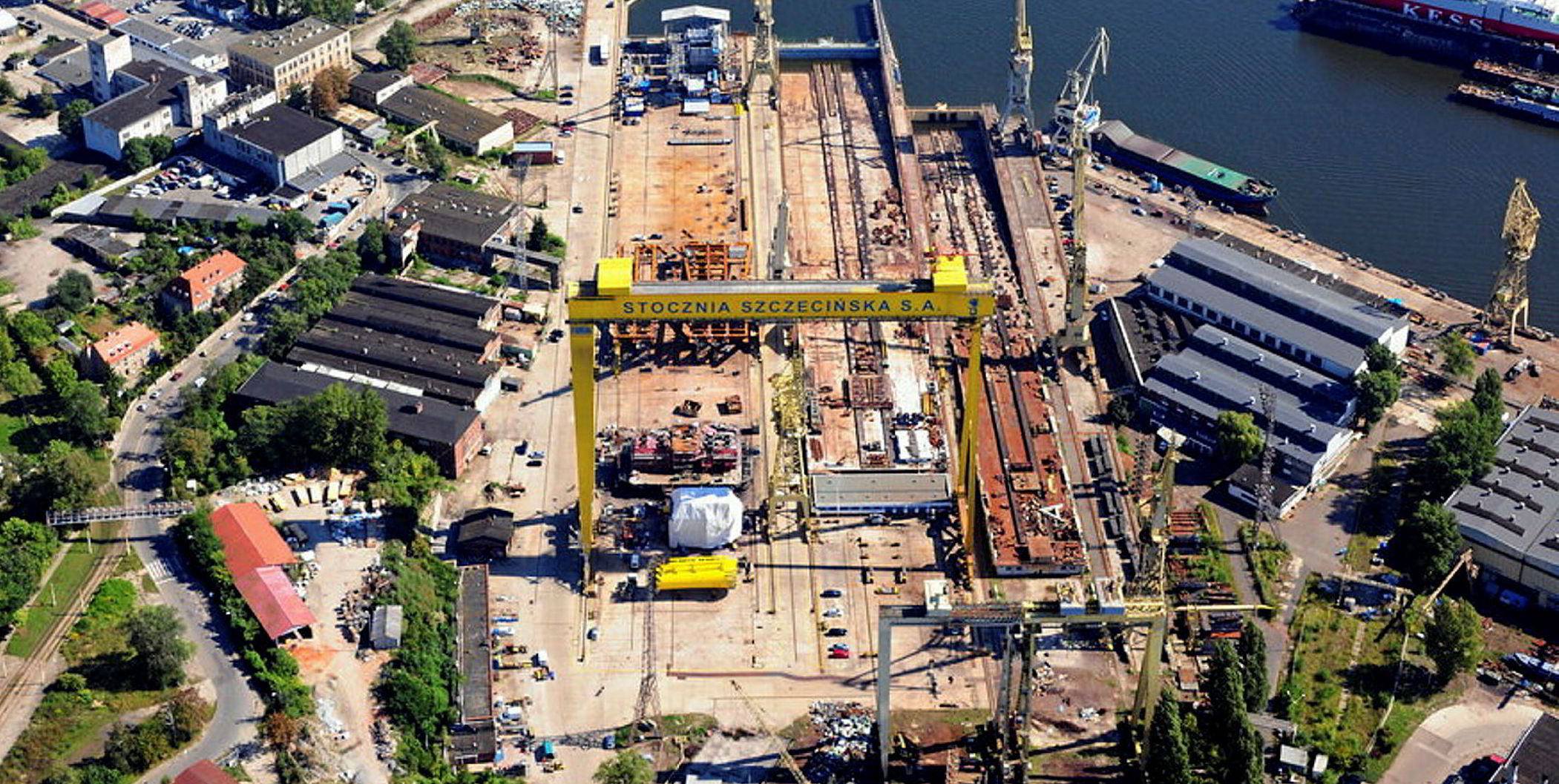More than 200 vessels in China are facing potential delays in their repair, retrofit or maintenance works, according to estimates of China Association of the National Shipbuilding Industry (Cansi).
In a study of Cansi’s shiprepair branch, the Beijing-based industry group said 93.3% of the ships are owned by foreign companies.
The calculations are based on the number of ships at the 15 main Chinese repair yards that form the Shiprepair Periodical Coordination Conference.
“The Chinese players are facing significant challenges in fulfilling their contracts because they are not able to operate at full capacity after the Lunar New Year holiday,” the study said.
While Beijing has sought to kick-start China’s economic engine, many travel restrictions imposed by local governments remain in place to contain the coronavirus outbreak.
TradeWinds earlier reported the closure or slowdown of most Chinese repair yards due to quarantine measures that cut off the supply of transient labour.
According to Cansi, 95.5% of the shipowners have expressed their understanding over the potential defaults.
Of them, 55% have agreed to extend their contracts, but details still need to be ironed out. 43.5% have yet to enter advanced talks and 1.5% have revised their projects for on-time deliveries.
Cansi has also found 3% of the shipowners are worried about the potential defaults and need to discuss with their charterers before taking further action, while 1.5% have simply said they would reject any force majeure declared by the Chinese yards.
In addition, some general industry practices in China will exacerbate the industry-wide difficulties, Cansi predicted.
“Quite some yards thought everyone knew about the epidemic and failed to declare force majeure. However, based on Chinese laws, they are obliged to do so,” Cansi said. “The failure to make the declaration on time may hurt their legal right.”
“Also, repair yards tend to sign the formal contracts with returning customers only when the vessels are delivered. Many of the 200 ships in China fall under this category.”
“Maybe some loyal customers would be willing to help out, but we’ll see whether everyone would be so kind.”
Cansi has urged Chinese repair yards to prepare for weak cash flows, limited labour force and low income for the next three months at least.
“When one [evaluates] how long the epidemic will last, it’s best and wise to give oneself some wiggle room,” the Cansi study said.







